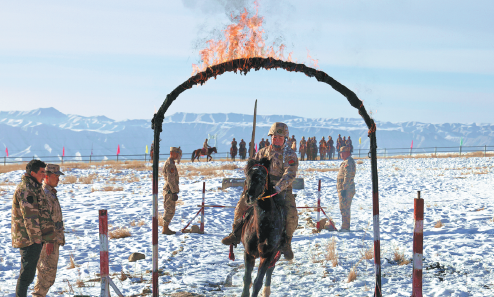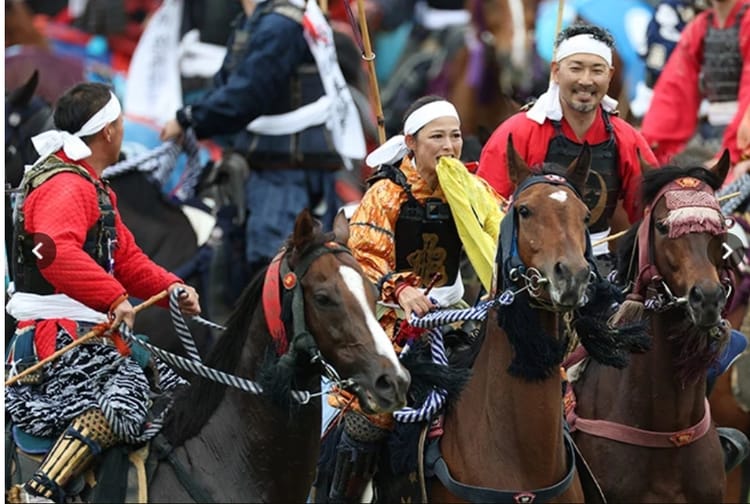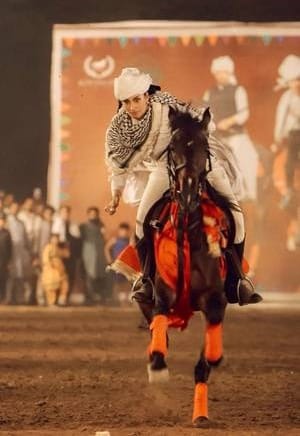Women Join China’s Only Horse-Riding Cavalry Unit

Paving the Way in a Traditionally Male Role
n the mountainous region of Baicheng, Xinjiang Uygur Autonomous Region, women are stepping into a role rarely held before. Mareyam Ahmat and Mikrayi Sidik are among the latest female recruits to join China's only horse-riding border patrol unit—a unique cavalry division that blends tradition, security, and community service.
The Laohutai Township-based cavalry, founded in 1956, is tasked with border control along the Kazakhstan frontier, covering harsh and remote terrain at elevations reaching 2,000 metres. While the primary responsibility is national security, the cavalry’s remit extends further—supporting local herders during seasonal migrations and providing emergency assistance.
Mareyam, 20, originally studied computer science but made a career pivot after attending an equestrian show in 2023. Inspired by the combination of skill and strength she witnessed, she soon joined the cavalry, one of only 15 women in the 120-member unit.
“I was hesitant at first,” she admitted, referencing the physical challenges. “But learning how the cavalry supports herders during migrations showed me that it was not only meaningful—it was essential.”
Training is rigorous. Female recruits are taught ten disciplines of horsemanship, including sword handling and balance-intensive movements like standing while riding. Mareyam described the early stages as overwhelming, physically demanding, and mentally testing. But the message from the existing team was consistent:
“Don’t be afraid and never give up.”
Joining her is Mikrayi Sidik, who became the female unit leader just four years after joining in 2022. A local of Laohutai, Mikrayi grew up around horses, taught by her father, a well-known local veterinarian. Her journey into the cavalry wasn’t straightforward—she initially faced resistance due to longstanding policies against female recruitment. But through persistence and independent training, she earned her place.
Now, her leadership role serves as a powerful example of how determination and community support can overcome institutional barriers.
The cavalry’s presence has also driven tourism and local entrepreneurship. Equestrian shows have drawn attention to the region, and in response, community members have opened guesthouses, shops, and yurt stays. Reports suggest over 240 jobs have been created, increasing average monthly incomes by more than 2,000 yuan (€260).
This shift—women entering physically and culturally demanding roles—is part of a broader story. While it may not be headline-grabbing internationally, it’s an important example of gender roles being redefined on the ground. For communities like Laohutai, these changes aren’t just symbolic. They’re practical and immediate, reshaping economic opportunities and offering new aspirations for young girls growing up in the region.
For Equitas, the relevance is clear: change doesn’t always look like protests or petitions. Sometimes it’s found in the grit of a young woman learning to wield a sword from horseback, or the quiet resilience it takes to keep getting back in the saddle—literally and figuratively - when the odds are against you.





